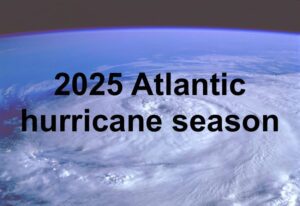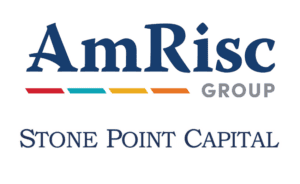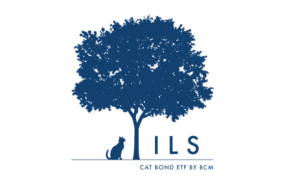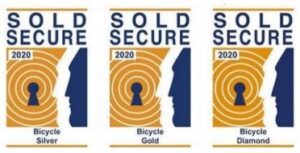“We have a real obligation to deal with inequity”
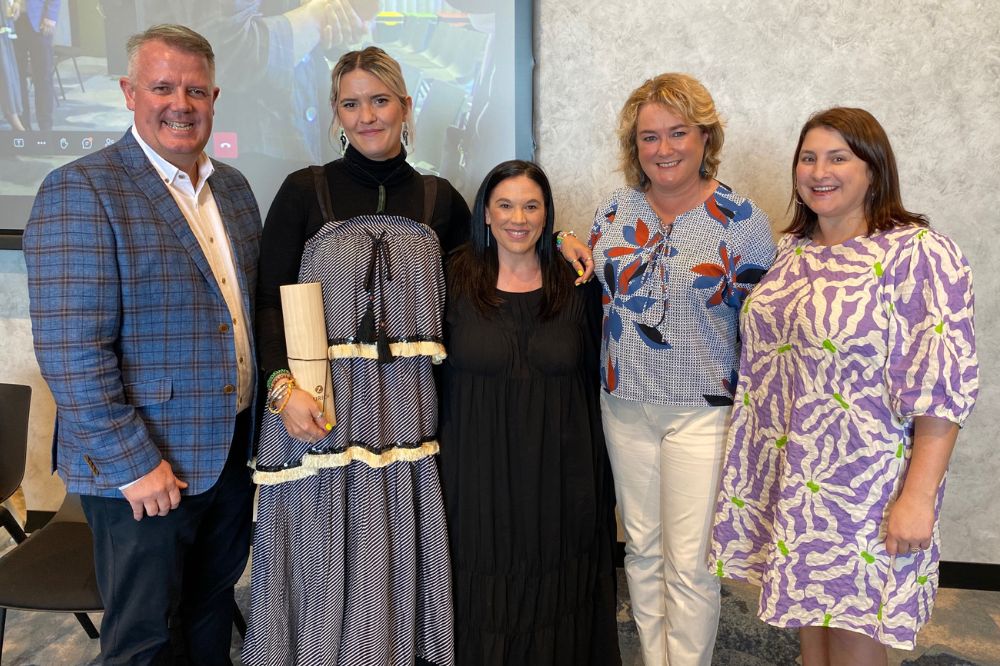
“If we went to school on our first day and cried, we were often told, ‘If you don’t stop crying, I’m not going to let your mum come through the gate tomorrow – she’s going to drop you at the gate and she’s not going to come through the gate with you, so you need to stop crying so she can come through the gate with you tomorrow’.
“The first thing we say to our five-year-olds is, ‘Where do you come from? Tell me about yourself. Who are you? Who are the people who are really close to you? Who are the people who are like you, and who are the people who are different?’ And just start having those conversations so that becomes really natural for them.”
An evidence-driven approach to mental health education for NZ youth, Mitey’s philosophy is to embed mental health in schools. This early exposure, according to Flexman, allows kids to ask the right questions relating to equity when they grow up.
“I just think, as humans, we have a real obligation to deal with inequity, particularly for those of us who don’t suffer from inequity,” she said. “I think we all should be existing on a level playing field, and we all have a responsibility to ensure that happens. And it’s just the little things… You say that a person with ADHD is welcome at your workspace, but you’re giving them a project where they’re not allowed to leave their desk or you’re giving them a chair that doesn’t move.
“With ADHD you’re constantly moving, so you can get [a particular type of] stool… So, how do you set up your environment to embrace neurodiversity and deal with inequity to get the best from your people? These kids who are coming through Mitey, when they come and work for you, they’re going to be asking you those questions. They’re not going to be scared to say, ‘What’s your policy for people with ADHD’, because they’re going to be quite open about the fact they’ve got ADHD.”
‘Call in’ rather than call out
In a post-COVID world, meanwhile, where people are fighting their respective battles, Flexman believes it’s better to ‘call in’ than to constantly call others out.
“I think we’ve become a culture of calling out,” she told attendees of the Zurich event. “And I think that can be quite dangerous in a post-pandemic world because everybody’s very angry. We’re all angry about something. So, one thing we try to teach kids is, how can you call in rather than call out?
“New Zealanders tend to be bystanders in a bullying-type situation; we tend to stand there and go, ‘Yeah, doesn’t look that great, but I’m just going to stand and not do anything about it and, therefore, I’m okay’. The great thing we say to kids is, actually, you have got power to do something about it.”
For instance, on the issue of pay equity, Flexman suggested sharing on LinkedIn about companies that are doing a good job on this front, instead of shaming those that aren’t.
“What we find in schools, particularly the teachers, is if you start with a strengths-based approach and they hop on your train, the ones who don’t want to do it who are in the back carriages will eventually move to the front carriages because they can see the change,” she said.
“In corporates it’ll be, they can see those people in the front carriages getting the really good staff and making the profit and so they will jump on. We’re just thinking about calling in rather than calling out, especially in the current climate because a lot of people are already on the edge for various reasons.”
Aside from Flexman, the discussion featured panelists Sarah Page (pictured centre) and Danika Revell (pictured second from left) from the Kindness Collective Foundation and The Period Place, respectively. They were also joined by Zurich New Zealand regional manager Brett Wainhouse (pictured leftmost) and market manager Liberty Newlands (pictured rightmost).
